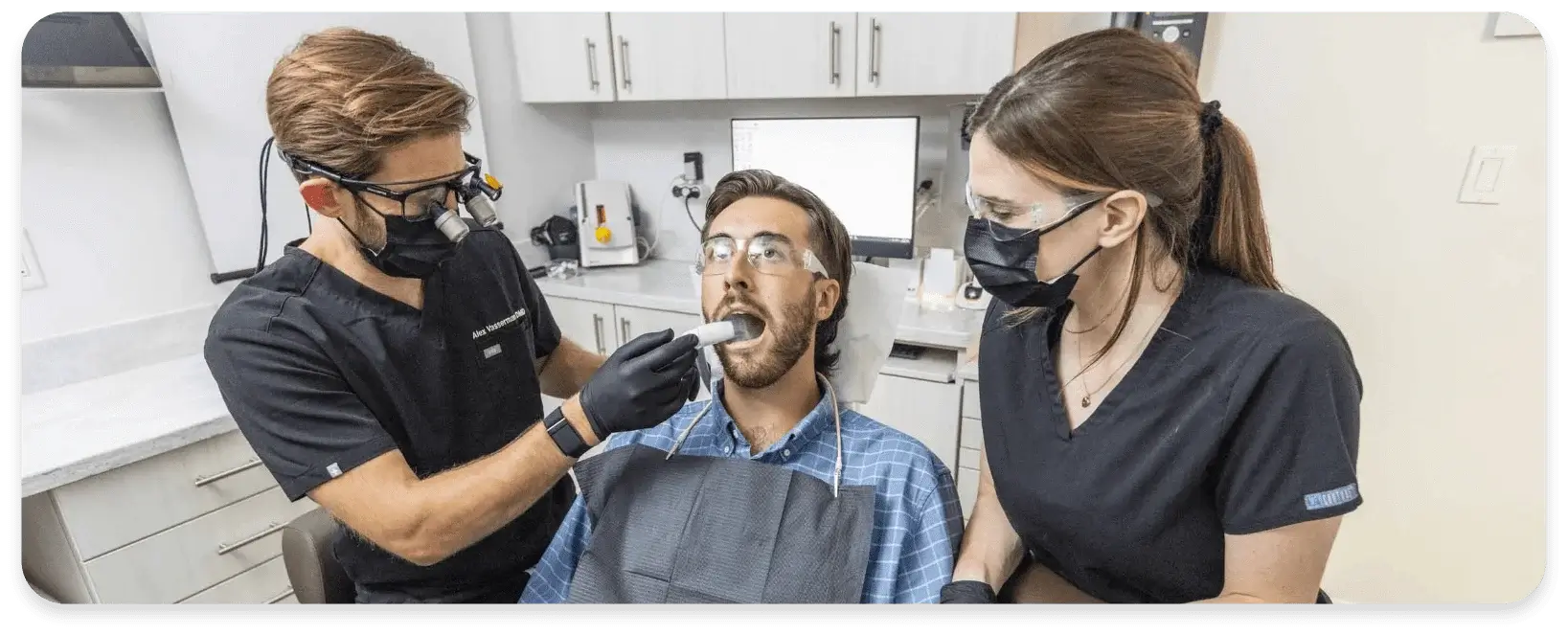Your cart is currently empty!
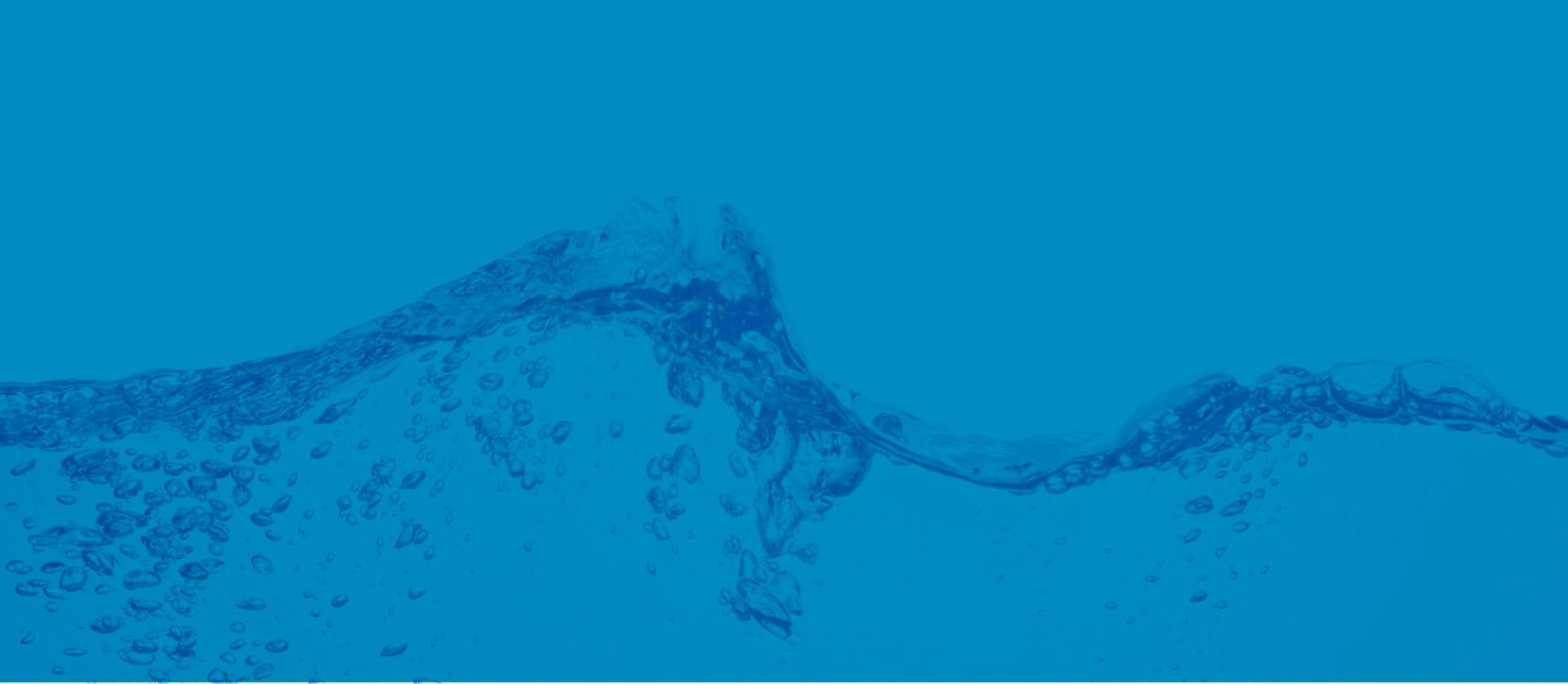
World Water Day: Managing Water In, Through, and Out of Your Dental Practice
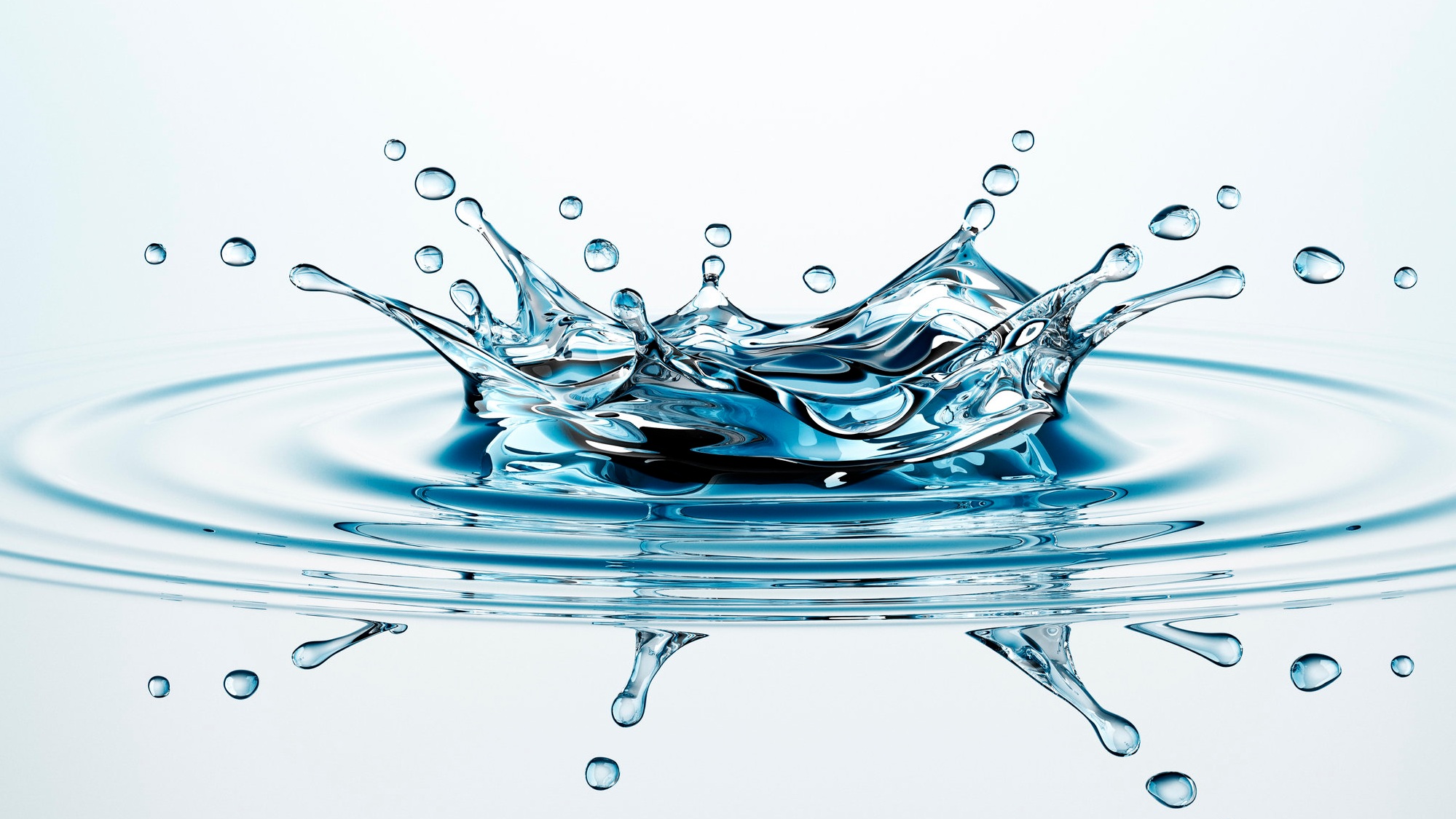
Water is the lifeblood of our planet, supporting ecosystems, communities, and industries—including dentistry. Every World Water Day, we are reminded of the critical role water plays in public health and environmental sustainability. While dental practices may not be the first thing that comes to mind when discussing water conservation, the industry has a significant responsibility to ensure that water is used efficiently and disposed of responsibly.
Managing water in, through, and out of a dental practice is more than just a regulatory requirement—it’s an opportunity to reduce environmental impact, protect water sources, and improve public health outcomes. By adopting responsible water management practices, dental professionals contribute to the broader goal of sustainable water use worldwide.
Managing Water In: Ensuring Safe and Sustainable Water Use
The quality of water entering a dental practice directly affects patient care, equipment longevity, and environmental health. Yet, water supplies are under increasing strain due to pollution, overuse, and climate change.
Best Practices for Managing Incoming Water
- Water Testing and Treatment: Regular testing helps ensure that water used in dental procedures meets health and safety standards. This reduces the risk of contamination that could affect both patients and water supplies.
- Protecting Water Resources: Many communities face water scarcity, making conservation efforts essential. Dental offices can play a part by reducing unnecessary water consumption and investing in water-efficient equipment.
- Regulatory Awareness: Adhering to clean water standards not only protects practices from compliance issues but also ensures that water sources remain safe for broader community use.
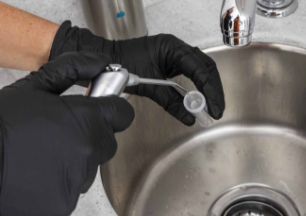
Beyond individual practices, ensuring clean water sources globally requires collective action. Water conservation efforts, infrastructure improvements, and pollution prevention programs all play a role in securing safe drinking water for future generations.
Managing Water Through: Protecting Patient and Staff Health
Once water enters a dental practice, its use must be carefully managed to prevent contamination and minimize waste. Waterlines, handpieces, and ultrasonic scalers all rely on clean water to function effectively—but without proper maintenance, these same systems can contribute to waterborne health risks.
Optimizing Water Usage in the Practice
- Preventing Biofilm and Contamination: Dental Unit Waterlines (DUWLs) can harbor harmful bacteria if not properly maintained. Effective treatment protocols help ensure that water used during procedures is safe for patients and staff alike.
- Reducing Aerosolized Contaminants: Minimizing water spray during dental work reduces the spread of bacteria and viruses, improving overall air and water quality.
- Water Conservation in Dentistry: Simple steps like using water-efficient handpieces and reducing unnecessary water flow during procedures contribute to the global effort of preserving freshwater resources.
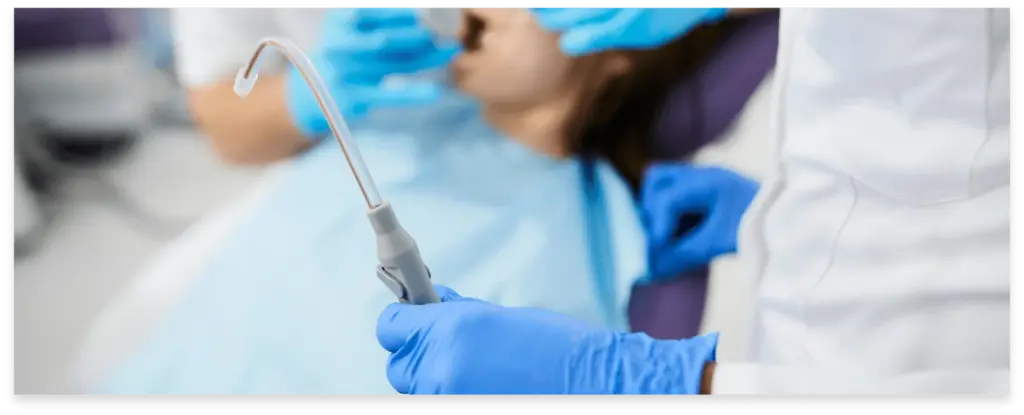
Managing Water Out: Protecting Waterways and the Environment
Every drop of water leaving a dental practice has the potential to carry pollutants, from disinfectants to mercury from amalgam waste. Without proper handling, these contaminants can enter municipal water systems, affecting aquatic life and public health.
Key Strategies for Responsible Water Disposal
- Amalgam Waste Management: Mercury pollution is a major concern for water quality. Dental practices that properly capture and dispose of amalgam waste help prevent mercury from entering local waterways.
- Eco-Friendly Cleaning Solutions: Choosing biodegradable and non-toxic cleaning agents minimizes environmental harm while maintaining sanitation standards.
- Reducing Chemical Discharge: Using treatment systems that filter out harmful substances before wastewater leaves the practice helps protect aquatic ecosystems.

These efforts extend beyond the dental office. Clean water initiatives around the world aim to reduce pollution, improve wastewater treatment infrastructure, and promote safe water reuse. By taking responsibility for the water that flows out of their practices, dental professionals become active participants in the movement for global water conservation.
The Bigger Picture: Why It Matters on World Water Day
When dental practices prioritize responsible water use, they contribute to a much larger mission: ensuring access to clean and safe water for communities worldwide. With the global population growing and climate change threatening water supplies, every industry has a role to play in sustainable water management.
World Water Day serves as a reminder that access to clean water is not guaranteed for everyone. For dental professionals, this day presents an opportunity to reflect on how water is used and managed in clinical settings and identify ways to improve efficiency and sustainability.
Reducing water waste, preventing contamination, and following best practices for sustainable water management all contribute to a healthier planet. Within a dental office, simple steps can make a significant difference. Regularly maintaining and treating dental unit waterlines (DUWLs) ensures that patients receive clean, safe water during procedures. Installing water-saving devices, such as efficient handpieces and dry vacuum systems, helps conserve water without compromising patient care. Additionally, using eco-friendly cleaning solutions reduces the number of harmful chemicals entering wastewater systems.
By making water-conscious decisions within the practice, dental professionals not only improve patient safety but also play a role in protecting the environment. When combined with industry-wide efforts, these small but meaningful actions can help secure clean water access for future generations.
Making Every Drop Count
This World Water Day, let’s go beyond compliance and think about the bigger picture. How we manage water in, through, and out of dental practices impacts not just our patients, but the world around us. By implementing thoughtful water conservation strategies, maintaining high safety standards, and reducing harmful waste, the dental industry can be a force for positive change.
Water is a finite resource—how we use and protect it today will determine its availability for future generations. This World Water Day, consider the ways your practice can contribute to the global effort of sustainable water management. Every drop matters.
Share this post:

Related Posts





